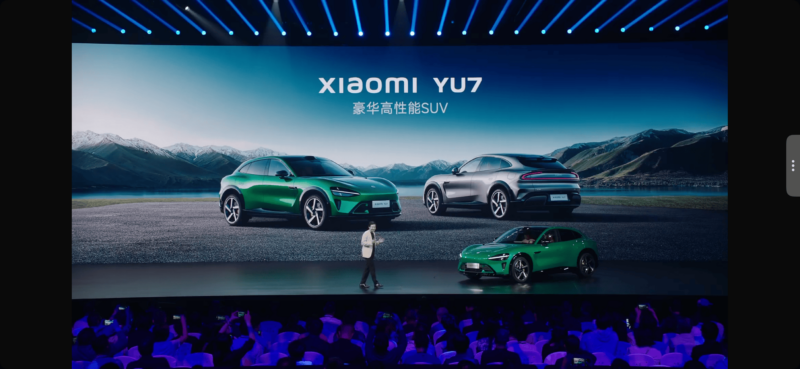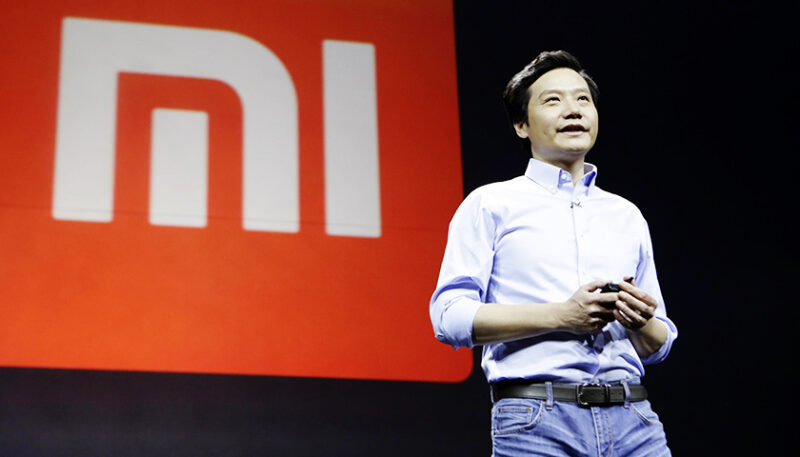Xiaomi’s stock price hits an all-time high, crowning CEO Lei Jun as China’s richest person
Xiaomi Group’s stock (1810.HK) price has reached a new all-time high at 61.45 HKD, making its founder Lei Jun as China’s wealthiest individual. This achievement follows the company’s previous record set on February 27, when shares briefly touched 52 HKD, making the founder China’s richest person for a short time before a same-day correction.
The meteoric rise in Xiaomi’s stock price has been primarily driven by the success of its launch of the highly anticipated YU7 model, which received nearly 300,000 firm orders in one hour after release.
According to financial reports, the founder’s total wealth was approaching 440 billion yuan (68 billion USD) when the stock price hit 52 HKD in February. This had already made him the wealthiest person in China at the time, but later, due to reasons such as the fatal Xiaomi car accident at the end of March, Xiaomi’s stock price also experienced a significant correction, causing Lei Jun to lose his crown.

In November 2024, Forbes’ China Mainland Rich List had ranked the Nongfu Spring founder as China’s wealthiest individual for the fourth consecutive year with a fortune of 50.8 billion USD.
Despite its market success, Xiaomi’s automotive division faces significant production constraints. The company currently operates just one factory in Beijing’s Yizhuang district, where the SU7 is manufactured. In March, Xiaomi raised its 2025 delivery target from 300,000 to 350,000 vehicles—a volume that clearly exceeds the capacity of a single facility.
Xiaomi has been working to address this bottleneck. In July 2024, the company acquired land rights to construct a second manufacturing facility. This second phase of Xiaomi’s smart manufacturing industrial base completed verification in April 2025, though its official production start date remains unannounced.
According to Xiaomi’s capacity expansion plans, both the first and second factories are designed to produce 150,000 vehicles annually, for a combined capacity of 300,000 units. These facilities will primarily manufacture the SU7, SU7 Ultra, and the new YU7 models. Currently, Xiaomi’s website indicates a waiting period of 33 weeks for new SU7 orders, highlighting the significant supply constraints.

In June 2025, Xiaomi secured an additional 485,100 square meters of industrial land, adjacent to its second factory. This site is expected to become Xiaomi’s third automotive manufacturing facility, though construction has not yet begun, and production is unlikely to commence within the next year.
Further complicating matters, despite both the YU7 and SU7 being developed on Xiaomi’s Modena platform, approximately 90% of the YU7’s components were newly developed. This means the production lines and manufacturing processes for the two models differ significantly, potentially creating additional challenges for ramping up YU7 production.
At the point of this article’s release, Xiaomi’s stock was valued at 58.7 HKD.



